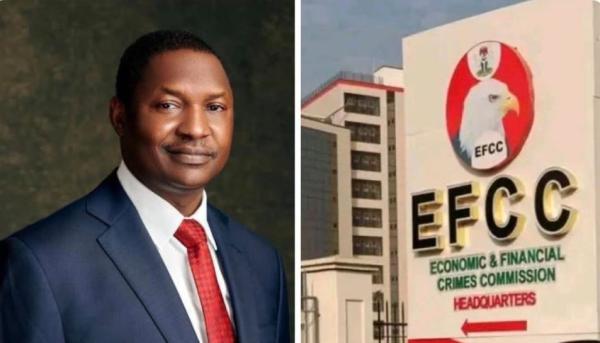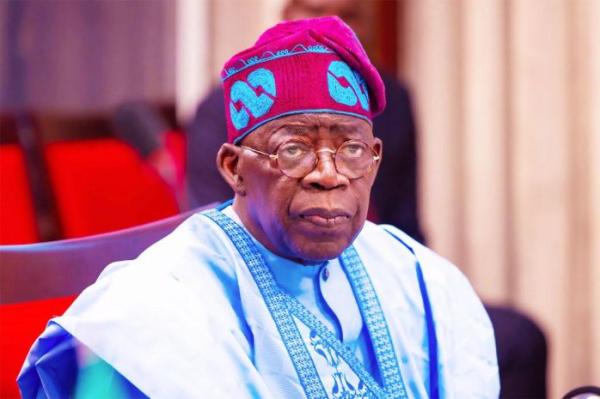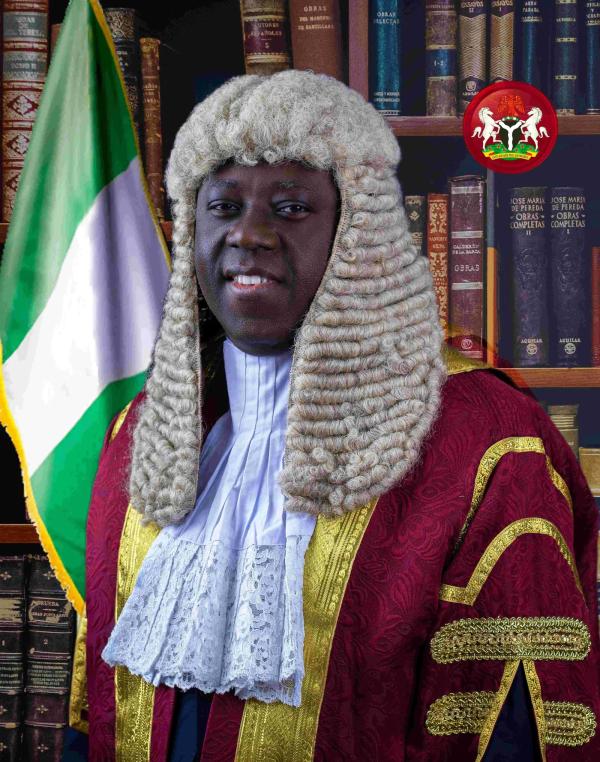
SERAP Logo
A civil society group, Socio-Economic Rights and Accountability Project (SERAP) has dragged the All Progressives Congress (APC) and People’s Democratic Party (PDP) to court over “failure to disclose their sources of spending on their respective electoral campaigns and other operations linked to the February 2015 general elections.” The suits filed last week at the Federal High Court Ikoyi followed Freedom of Information requests to PDP National Chairman Alhaji Ahmadu Adamu Mu’azu and APC National Chairman Chief John Odigie-Oyegun dated 18 November 2014. The originating summons against the PDP with suit number FHC/CS/1969/2014 and against the APC with suit number FHC/CS/1968/2014 were brought pursuant to section 4(a) of the Freedom of Information Act and signed by SERAP Senior Staff Attorney, Olukayode Majekodunmi. The plaintiff is arguing that under the FOI Act, “Nigerians have the right to know about spending by their political parties especially the major parties with a strong possibility to assume government in the future. Citizens should be able to examine financial transactions of parties and be certain that politicians are working for their voters, not their benefactors.” The plaintiff also argues that, both the APC and PDP “Cannot take the position that the FOI Act does not apply to them because to do so will seriously undermine citizens’ trust in their political parties and lack of trust will inevitably destroy confidence in the system and decrease citizens’ interest and participation in democratic processes.” The plaintiff also said that “Without free and fair elections there can be no democracy. However, elections are only one part of the democratic process, and a fair and effective electoral system must be founded in an adequate democratic infrastructure and responsibility of political leaders.” The plaintiff wants the court to determine “Whether by virtue of the provision of section 4(a) of the Freedom of Information Act 2011, the Defendants are under an obligation to provide the Plaintiff with the information requested for.” The plaintiff is seeking: A DECLARATION that by virtue of the provisions of Section 4 (a) of the Freedom of Information Act 2011, the Defendants are under a binding legal obligation to provide the Plaintiff with up to date information relating to the following: 1. Information about the spending and sources of income derived from federal, state and other institutions, agencies or persons for the campaigns and other operations of the Defendants related to the February 2015 elections. 2. The total amounts that have been spent and the anticipated spending and the sources of any such spending related to the February 2015 general elections. 3. Total contributions received by the Defendants for or on behalf of their Presidential candidate and candidates for the governorship elections and the sources of any such contributions. Earlier in its FOI requests, the plaintiff had expressed “serious concerns about the risks of corruption during electoral campaigns for the February 2015 general elections, especially the role of money in politics and the persistent failure generally to comply with national and international law on political party finance.” According to the plaintiff, “Releasing the information will help to address the perception among the citizens that the major political parties in the countries are less transparent and accountable. The lack of transparency and accountability in political finance is seriously undermining the legitimacy and credibility of the democratic and electoral processes, and invariably contributing to denying the citizens the right to effective participation in their own government.” The plaintiff further argued that, “Transparency, accountability, integrity and independence of political parties is also important to achieve greater transparency in public life, to curb the influence of money in politics, to promote a level playing field, and to remove the risks to the independence of political actors and would-be public office holders and the risks of conflicts of interest, including undue influence and corruption in the funding of political parties.” According to the plaintiff, “By virtue of Section 1 (1) of the Freedom of Information (FOI) Act 2011, SERAP is entitled as of right to request for or gain access to information being requested. Under the FOI Act, your party is under a binding legal obligation to provide the applicant with the information requested for, except as otherwise provided by the Act, within 7 days after the application is received.” The plaintiff also said that, “By Sections 2(3)(d)(V) & (4) of the FOI Act, there is a binding legal duty to ensure that documents containing the necessary information are widely disseminated and made readily available to members of the public through various means. The information being requested does not come within the purview of the types of information exempted from disclosure by the provisions of the FOI Act.”






















